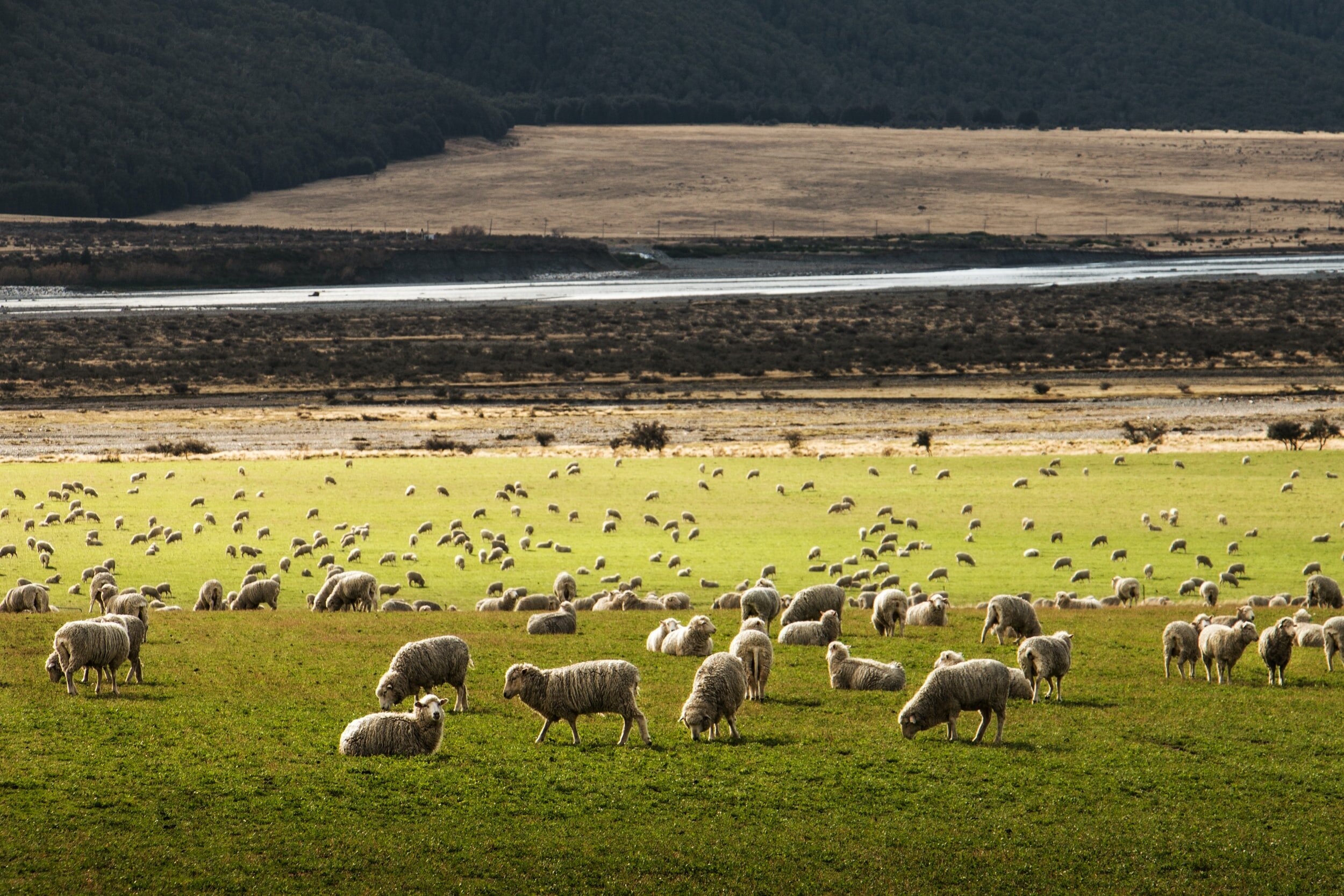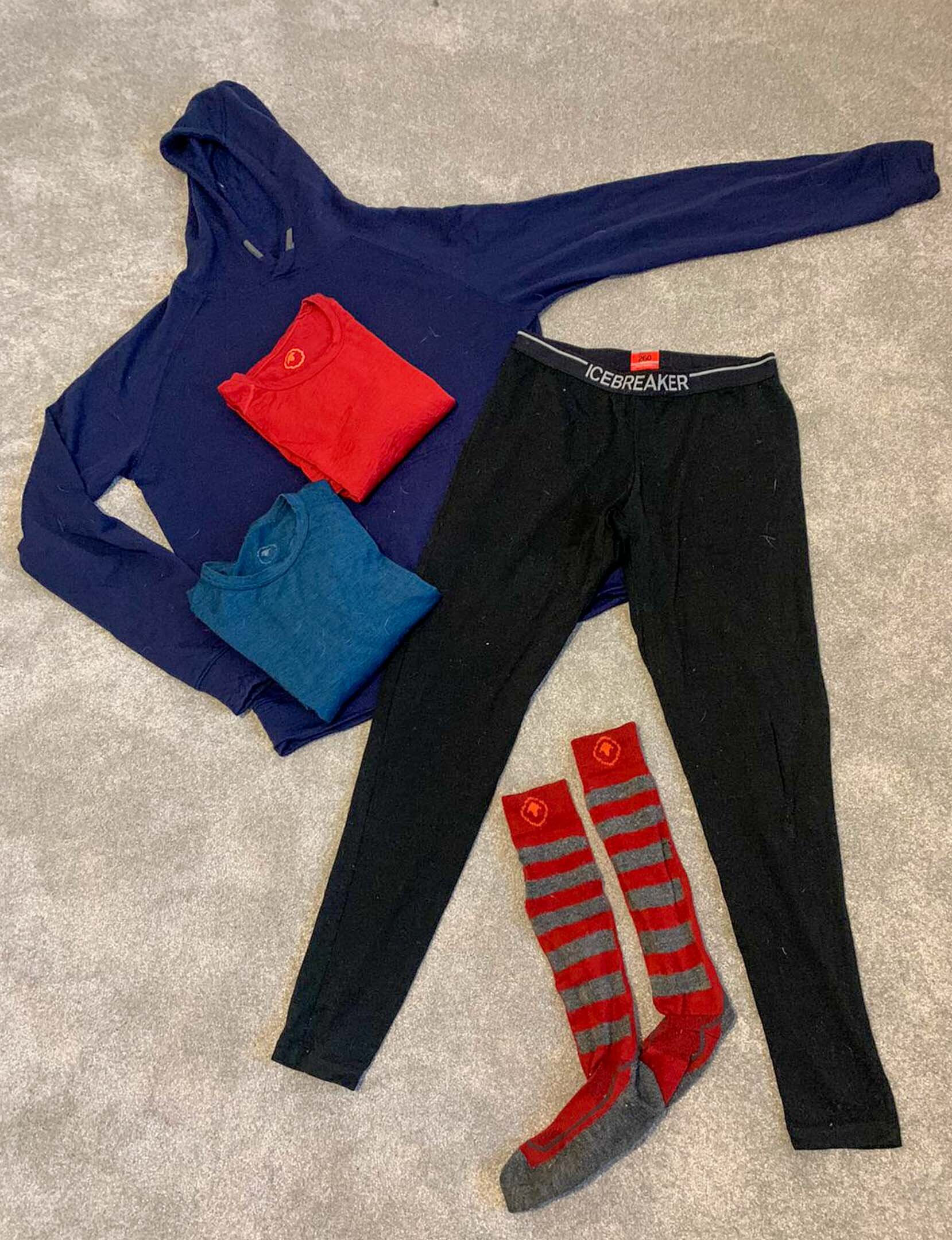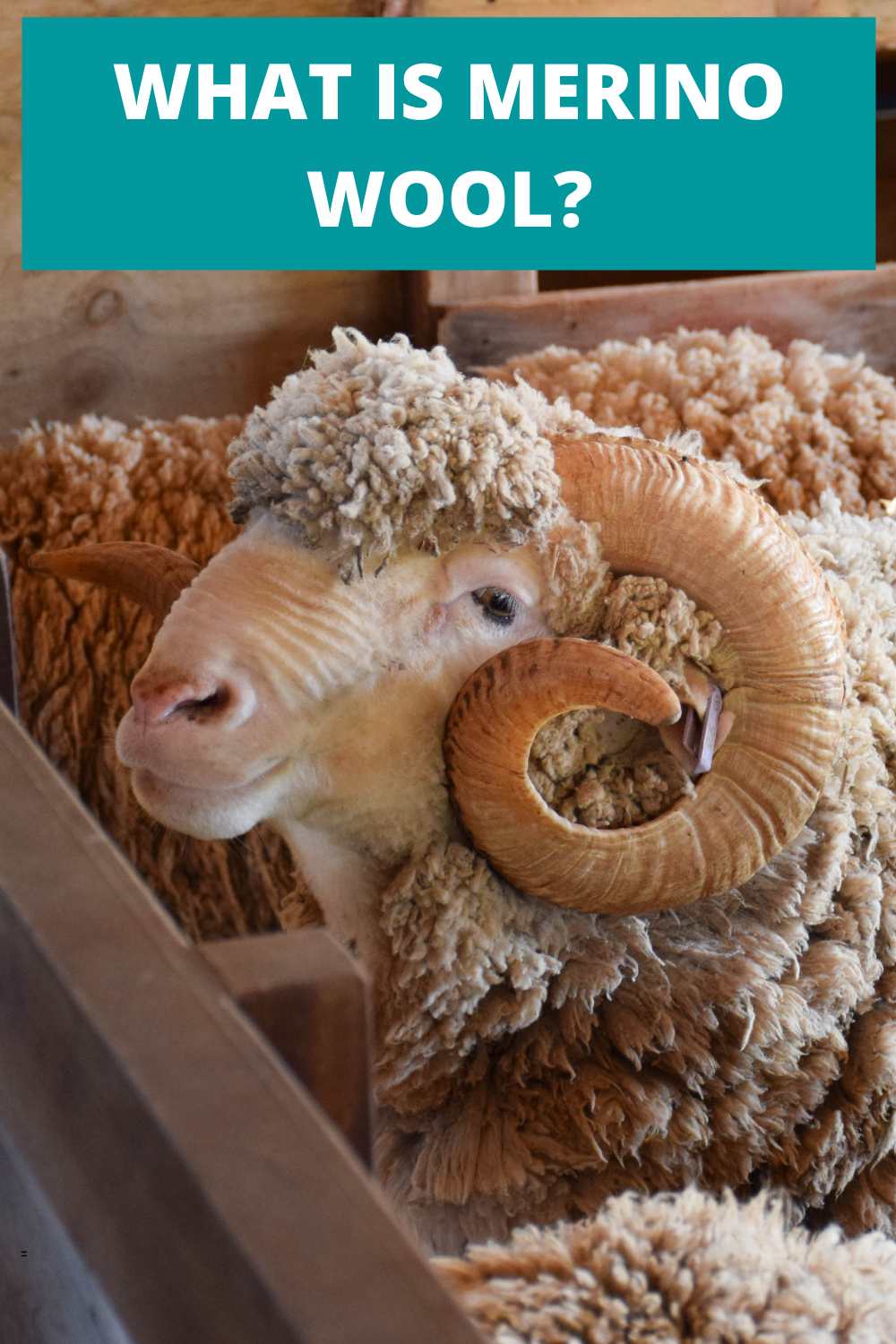What Is Merino Wool? And Should You Use It?
Finding the appropriate material for your outdoor clothing is really important. The use of cotton in high output activities has been thought of as archaic for a while now. Cotton holds moisture and odour meaning you can feel wet and smelly pretty soon into a hike. Another option has been synthetic clothing that has improved the wicking performance of garments but odour has still be an issue. Step in Merino wool. Merino wool garments can offer exceptional performance in the mountains and below I outline why.
WHAT IS MERINO WOOL?
Merino Wool is a natural fibre that is grown on Merino sheep from New Zealand and Australia. Merino fibre benefits from being incredibly fine, making it softer than other types of wool. What makes Merino sheep, and in essence their wool, special is their ability to live in varying temperatures. Merino sheep are used to dealing with fluctuations from -20ºC upwards of 30ºC. This makes Merino a versatile material to use in the construction of outdoor garments as they can be utilised in many different environments.
WHY USE MERINO WOOL CLOTHES?
Do you enjoy getting outside? Do you like to get outside regardless of the weather? Do you take part in a range of winter and summer sports? Well if that sounds like you then merino could be the material you are looking for, as Merino wool lends itself to every adventure in every season. Naturally regulating your body temperature and wicking pesky moisture away from your skin, you can feel comfortable in Merino wool clothing from the first minute to the last. Even better, Merino wool is naturally odour resistant! Yes, you will sweat but smell less! Finally, and not to be forgotten, Merino wool is soft and incredibly comfortable against the skin.
ADVANTAGES OF MERINO WOOL
RENEWABLE
Merino wool is a natural fibre grown on sheep so it is also renewable. Merino sheep can group up to five lbs of wool per year and what’s even better? Merino sheep have lived in harsh environments and their wool is well naturally adapted to handle these climates.
Comparing Merino to synthetic or cotton equivalents shows that these alternatives need large amounts of processing before they are used in garments. Merino is a natural fibre and as such has less impact on the environment.
MERINO WOOL ODOUR RESISTANCE
A massive selling point for me is the odour resistance of Merino wool. I first came across Merino wool before a trekking trip in India, where I wanted to only pack a finite amount of clothing. Taking two t-shirts for a one month trip may seem daunting to many, especially in a hot country like India, but it worked a treat. Merino garments are capable of absorbing odour, preventing them from developing into that awful post-hike stench.
Dubious at first, years later I am still amazed at how Merino clothing remains odour resistant for way longer than synthetic equivalents.
TEMPERATURE REGULATION
Merino sheep need to survive in both hot and cold temperatures, meaning their wool is well adapted to both situations. A Merino garment will trap air for insulation in the cold but when it’s hot wick moisture away from the skin. This prevents that awful feeling when a cotton t-shirt gets wet due to excess sweat. A Merino t-shirt moves this moisture away from the skin and releases it as vapour. Synthetic fabrics also wick moisture away from the skin but they require an extra stage to do so, this can mean that synthetic garments are not as effective in cold climates.
MAKE A MERINO LAYERING SYSTEM
Layering systems are great for ensuring that you are just the right temperature at all stages of an activity. With the success of merino companies like Icebreaker and Smartwool more Merino clothing is finding its way into the market. What is great is now these companies are not just focused on base layers but full outfits. Layering a Merino jumper and jacket over a Merino t-shirt ensures that vapour can be wicked away efficiently.
MERINO WOOL IS COMFORTABLE
One reason many people avoid wool clothing is that they say it is itchy or uncomfortable. Well, Merino could just be the answer here as well. Merino wool is much finer than other wools meaning it is softer against the skin. In my experience, Merino doesn’t itch and I regularly use Merino t-shirts, hoodies and socks.
MERINO IS BIODEGRADABLE
It has already been mentioned the Merino has renewable qualities… well here is another reason that Merino is great for the environment. Being a natural fibre, Merino will decompose when put in a landfill. This means you can dispose of any old Merino garments without worrying about the future impact on the environment.
MERINO OFFERS UV PROTECTION
Those Merino sheep really have done all the hard work for us. Another benefit of Merino sheep’s evolution whilst living in hot temperatures is that Merino wool offers a natural UV barrier. This barrier to UV radiation protects the skin meaning you have less to worry about on those sunny days.
MERINO WOOL WARMTH TO WEIGHT
Merino wool offers an impressive warmth to weight ratio. Similar to down, Merino traps air between its fibres which helps create warmth. Merino’s natural loft ensures that it offers a very efficient temperature regulation.
MERINO WOOL IS STRONGER THAN COTTON
Merino wool fibres are stronger than cotton fibres. That’s right not only does your Merino t-shirt benefit from all of the above but it also is more durable than cotton.
DISADVANTAGES OF MERINO
There aren’t many… but here we go.
MERINO WOOL IS EXPENSIVE
Merino garments are more expensive than their cotton or synthetic equivalents, in the same way that a Ferrari is more expensive than a Fiat. Luckily there are companies trying to make Merino more affordable, check out ISOBAA who regularly have offers on SportPursuit.
DURABILITY ISSUES
Merino comes in different grades and the lighter garments (180 or lower) can be subject to holes. With lighter Merino garments pay particular attention to how you wash them. Avoid using fabric softener and do not overwash as this can leads to holes forming in the material. Remember Merino garments require less washing as they are naturally odour resistant.
IS MERINO FOR YOU?
Merino isn’t going to be worth the investment for everyone and that is ok. If however, you are a regular in the outdoors and you want the best performance from your garments then you should consider buying Merino wool clothing. I use a lot of my Merino garments in both summer and winter making the outlay worth it for me. I still search for deals and you can always pick up items in the sale making Merino more affordable.
IS MERINO ETHICAL?
Ethical concerns are becoming more prevalent across society and the outdoor community is no exception. It is worth noting that if you choose your Merino wool provider carefully, they will have sustainability and care for their animals at the core of what they do.
Merino is a natural fibre that has evolved over years of Merino sheep living in the harshest environments. The benefits of Merino in the outdoors are substantial and the effect on the environment little. Merino is a natural resource, it grows on sheep! No sooner have farmers sheered their sheep than the next coat of Merino wool begins to develop. Furthermore, Merino’s biodegradable properties ensure its environmental impact is negligible when discarded.
QUESTIONS ABOUT MERINO WOOL
WHAT’S SO SPECIAL ABOUT MERINO?
Merino wool is an amazing natural material that has many benefits. From odour resistance to temperature regulation, Merino wool can be beneficial in a range of activities.
WHY IS MERINO WOOL CONSIDERED SOFT?
Merino wool has elastic properties that ensure the fibres can retain their shape over time. This is one of the reasons that Merino garments do not need to be ironed… just hang them after washing. This natural resistance to wrinkling ensures that the garment remains smooth and soft against the skin with no itchiness.
IS CASHMERE BETTER THAN MERINO WOOL?
Cashmere has a higher loft than Merino ensuring it is softer. Durability wise, Merino is stronger so makes a better fabric for use in the outdoors.
WHY IS MERINO WOOL EXPENSIVE?
There are a number of reasons why Merino wool garments are expensive. Firstly, wool is a natural product and therefore requires time to grow. The process of farming Merino sheep is one that costs time and money. So sadly that price needs to be passed onto the consumer. Merino is super fine and therefore more merino wool is needed to complete one item in comparison to other wool products. More wool means a higher cost.













